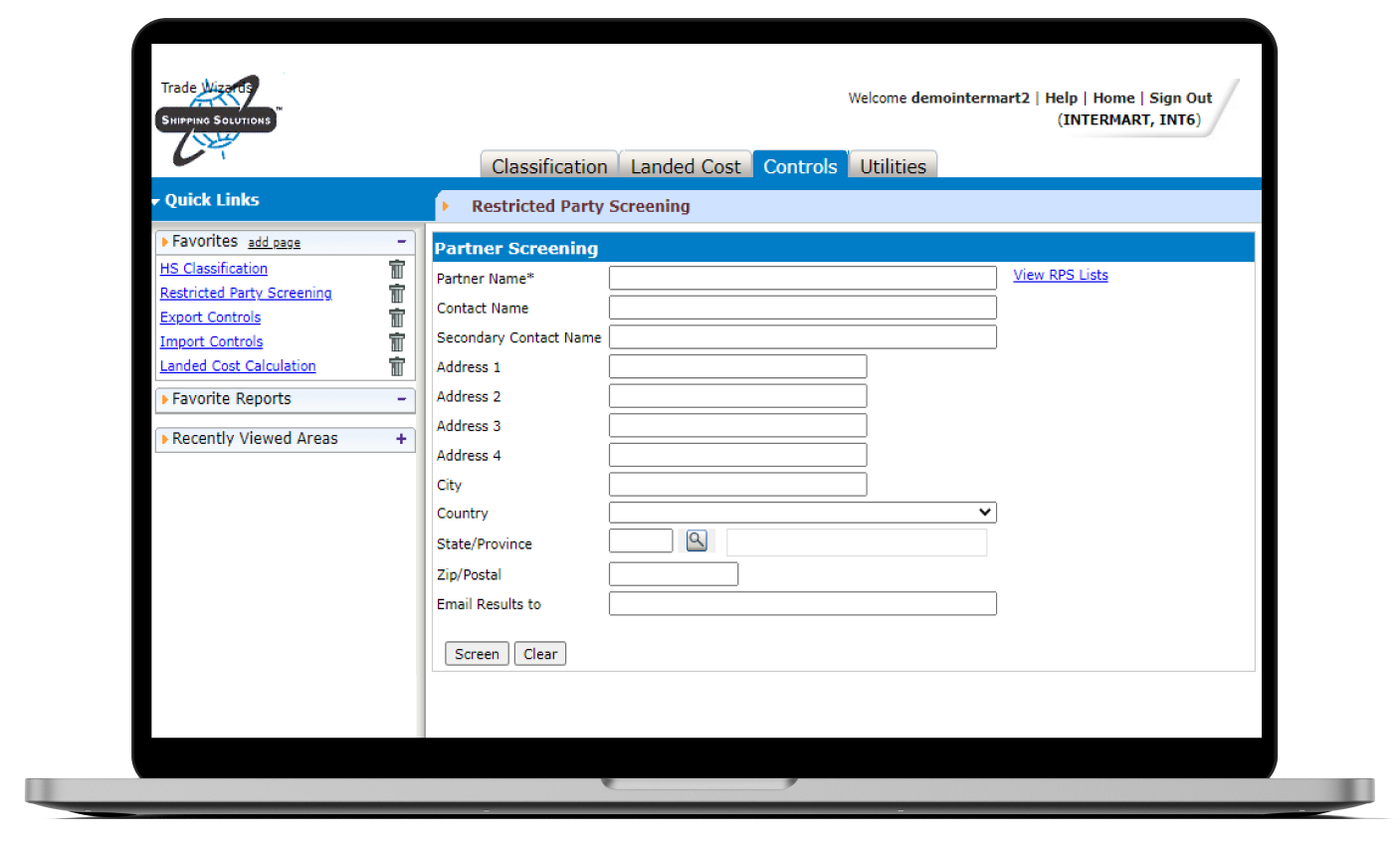The International Trade Blog Export Compliance
DDTC Rules OK Retransfer, Reexport of Some Defense Articles to UK, Canada, Australia
On: August 10, 2022 | By:  Kari Crane |
4 min. read
Kari Crane |
4 min. read
 The U.S. State Department’s Directorate of Defense Trade Controls (DDTC) published two open general licenses (OGLs) authorizing reexports and retransfers of certain defense articles, services and technical data controlled under the International Traffic in Arms Regulations (ITAR) within the United Kingdom, Canada and Australia. OGL No. 1 and OGL No. 2 were published on July 20 to “assess the viability and appropriateness of the open general license concept.”
The U.S. State Department’s Directorate of Defense Trade Controls (DDTC) published two open general licenses (OGLs) authorizing reexports and retransfers of certain defense articles, services and technical data controlled under the International Traffic in Arms Regulations (ITAR) within the United Kingdom, Canada and Australia. OGL No. 1 and OGL No. 2 were published on July 20 to “assess the viability and appropriateness of the open general license concept.”
DDTC said “the pilot program is consistent with DDTC’s mission of ensuring that commercial exports of defense articles and defense services advance U.S. national security and foreign policy objectives, in part by facilitating legitimate defense trade with partners and allies while denying adversaries access to sensitive U.S. technology.” The OGLs were originally valid for one year, but in March 2023, DDTC updated the licenses to extend their validity period by three years.
Open General License 1
OGL 1 authorizes the retransfer (§ 120.52) of unclassified defense articles to the governments of Australia, Canada or the U.K.; or members of the Australian or U.K. Communities (§§ 126.16(d) and 126.17(d)), or to Canadian-registered persons (§ 126.5(b)).
Retransfer means a change in the end use or end user or a temporary transfer to a third party of a defense article with the same country; or a release of technical data to a foreign person who is a citizen or permanent resident of the country where the release or transfer takes place.
Under this OGL, retransfer must take place wholly within the physical territory of Australia, Canada or the U.K.
Open General License 2
OGL 2 authorizes the reexport of unclassified defense articles to the governments of Australia, Canada or the U.K.; or members of the Australian or U.K. Communities (§§ 126.16(d) and 126.17(d)), or to Canadian registered persons (§ 126.5(b)).
A reexport is typically a shipment or transmission from one foreign country to another foreign country. Reexport must take place wholly within or between the physical territory of Australia, Canada or the U.K.
Both OGLs are valid for one year from Aug. 1, 2022, through July 31, 2023, at which time they may be amended or extended.
What Is Eligible?
The OGLs cannot be used to export defense articles, only for retransfers and reexports. According to the DDTC, eligible articles include:
- Only unclassified defense articles.
- No defense articles listed on the Missile Technology Control Regime (MTCR) Annex or identified as Missile Technology (MT) on the United States Munitions List (USML).
- Technical data only for organizational-level, intermediate-level or depot-level maintenance, repair or storage of a defense article.
Acceptable End Uses
Other than with respect to technical data, the OGLs only authorize retransfers and reexports for end use by, or operation on behalf of, the governments of Australia, Canada or the U.K. Not authorized: Retransfers or reexports to support the design, development, engineering, manufacture, production, assembly, testing, repair, maintenance, modification, operation, demilitarization, destruction or processing of a missile, UAV, space-launch vehicle, item listed on the MTCR Annex, or item listed as MT on the USML in ITAR part 121.
Check the DDTC fact sheet for additional limitations regarding major defense equipment valued at $25 million or more or defense services valued at $100 million or more.
Don't Forget: You're Responsible for Compliance
The destination control statement specified in the ITAR must be included and end users need to be notified that the defense articles are subject to U.S. export control laws and regulations when using these OGLs. Part of your due diligence also includes keeping the appropriate records and using the right export documentation. But those are only a few of your responsibilities!
A great place to start to ensure you have all of your bases covered is our article 6 Basic Steps for Export Compliance. It explains everything from product classification and export licenses to restricted party screening and document compliance. These key pillars of export compliance are important for companies of all sizes.
Like what you read? Subscribe today to the International Trade Blog to get the latest news and tips for exporters and importers delivered to your inbox.

About the Author: Kari Crane
Kari Crane is the editor of Passages: The International Trade Blog. Kari joined Shipping Solutions after working as an editor, writer and designer at a major market newspaper in Texas. Kari has spent her career finding different ways to tell stories and make complex topics easy-to-understand, so she loves helping importers and exporters understand how to navigate the complex world of international trade.


